Understanding FinCEN’s New Rules on Beneficial Ownership Reporting
The compliance and legal landscape of U.S.-based companies is everchanging. For many years, business owners across the country have been forced to adapt to adjustments in legislation and modifications in reporting obligations. Just recently (as of January 1, 2024), the Corporate Transparency Act enacted what’s known as the “Beneficial Ownership Information” (BOI) reporting requirement. This BOI report is filed with the Treasury Department’s Financial Crimes Enforcement Network (FinCEN) and is intended to combat money laundering, terrorism financing, and other miscellaneous financial crimes. This article will discuss who needs to file the BOI report, the contents of the report, the pertinent filing deadlines, the penalties for non-filing, etc.
Who Needs to File the BOI Report?
Generally, all non-public U.S.-based companies that organized with a secretary of state must file the BOI report. There are no de minimis exceptions for active small businesses. So, the reporting requirement affects even the tiniest of corporations, LLCs, and partnerships. However, there are 23 exemptions to filing that are enumerated on FinCEN’s website. These include but are not limited to most public companies registered with the SEC, U.S. governmental authorities, banks and credit unions, insurance companies, and tax-exempt entities (just to name a few). Additional details regarding the exemptions from filing can be found in the BOI Reporting Regulations at 31 CFR Section 1010.380(c)(2).
What Information Does the BOI Report Contain?
The BOI report must contain the business’ legal name (or any trade names), address, jurisdiction of formation or registration, and taxpayer ID number. The report must indicate whether it is an initial filing or a corrected filing. Lastly, the BOI report must contain information on each ‘beneficial owner’ of the company: their full legal name, date of birth, residential address, and an image of an acceptable identification document (ex: driver’s license or passport). FinCEN defines a beneficial owner as anyone who owns or controls at least 25% of the ownership interest of the company or exercises ‘substantial control’ over the company. A detailed explanation of what constitutes substantial control can be found in the BOI Reporting Regulations at 31 CFR Section 1010.380(d)(1).
When Is the BOI Report Due?
- For companies created or registered to do business before January 1, 2024, the BOI report is not due until January 1, 2025.
- For companies created or registered to do business on or after January 1, 2024, but before January 1, 2025, the BOI report is due 90 days from the effective date of its creation or registration.
- For companies created or registered to do business on or after January 1, 2025, the BOI report is due 30 days from the effective date of its creation or registration.
What Are the Penalties for Non-Filing of the BOI Report?
The Treasury Department’s FinCEN takes non-filing very seriously. A person who willfully neglects or violates the BOI reporting requirement may be subject to a civil penalty of $591 for each day that the report remains unfiled. Further, that person may be subject to criminal penalties. These penalties could be as extreme as two years’ imprisonment and/or a fine of up to $10,000. Thankfully, however, these penalties can be avoided. Filing is simple, secure, and free of charge. Further, it is not an annual requirement. Unless a company needs to update or correct information, a report only needs to be submitted once. Filing can be accomplished online at www.FinCEN.gov/BOI.
Navigating these requirements (and satisfying your reporting obligations) is pivotal to safeguarding your business interest and maintaining the integrity of our country’s financial system. If you have any questions or need assistance with reporting beneficial ownership to FinCEN, we encourage you to reach out to us. We’re committed to helping you protect your business and your wealth.
Should you have additional questions, please contact Jeff Audi via e-mail at [email protected].









